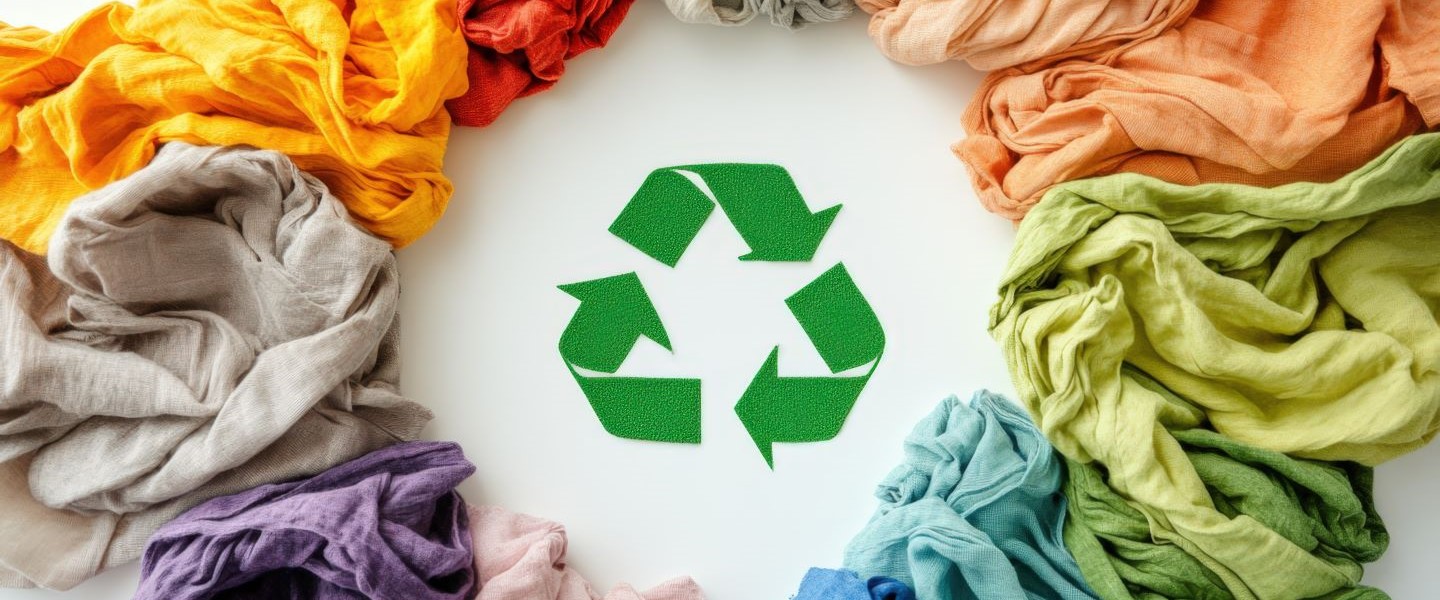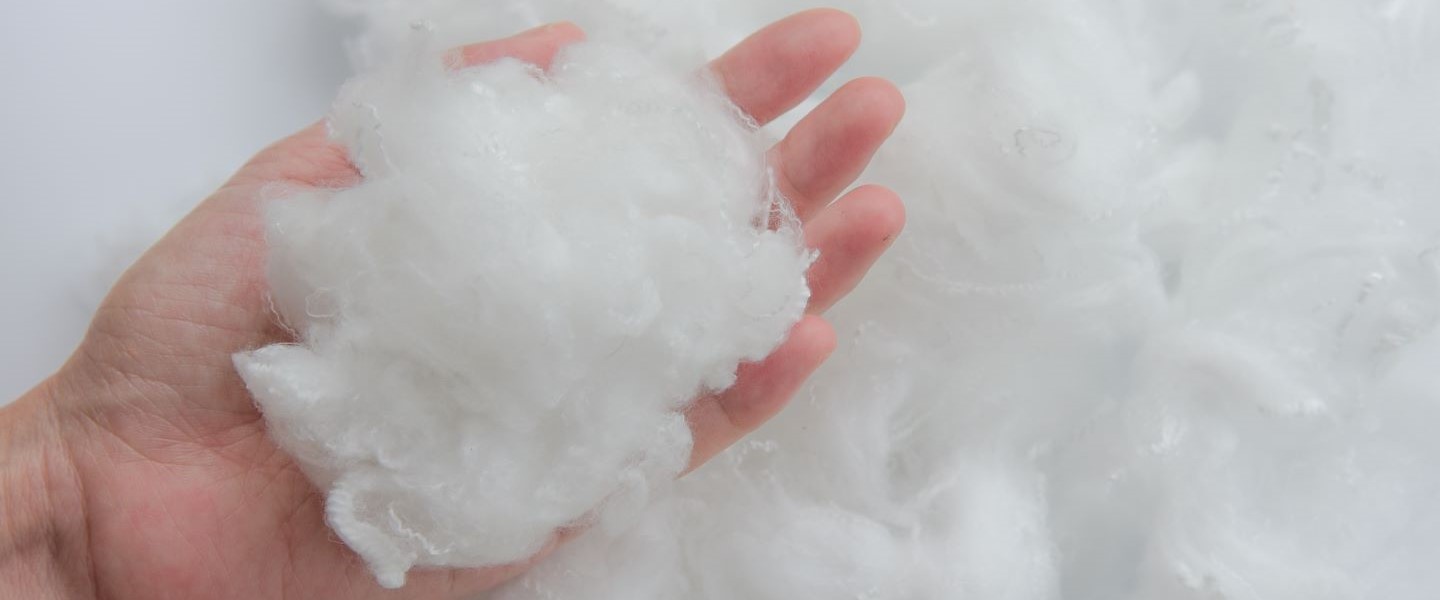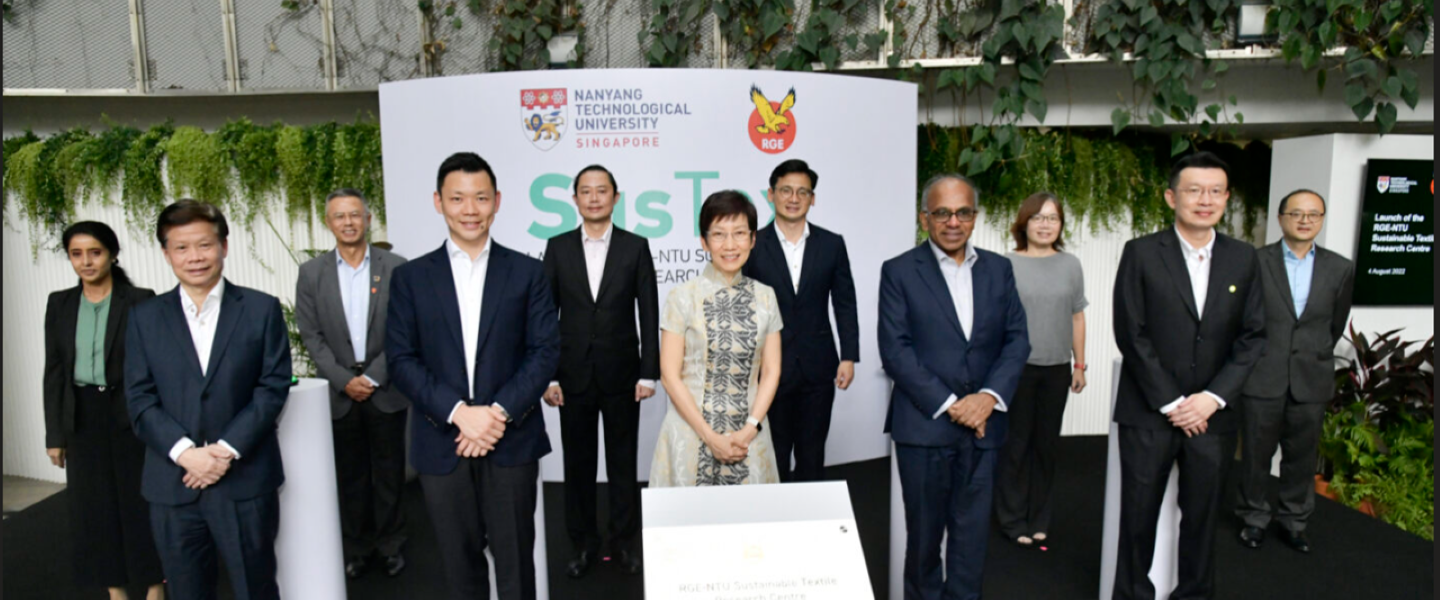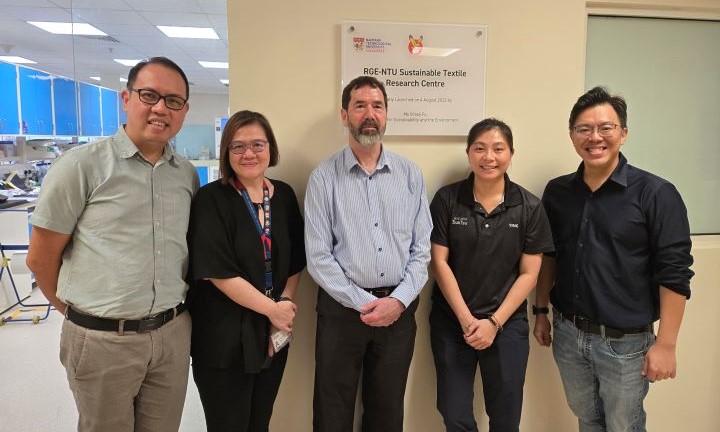
News & Events
.jpg?sfvrsn=9f8b36a6_3)
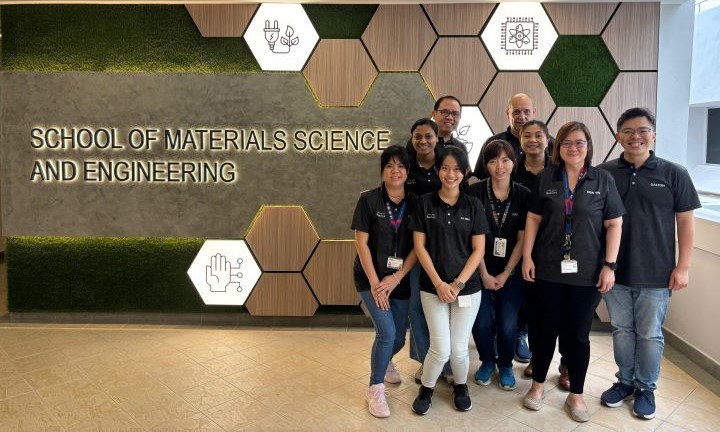
RGE-NTU SusTex May Joint Workshop
Published on 25 May 2025
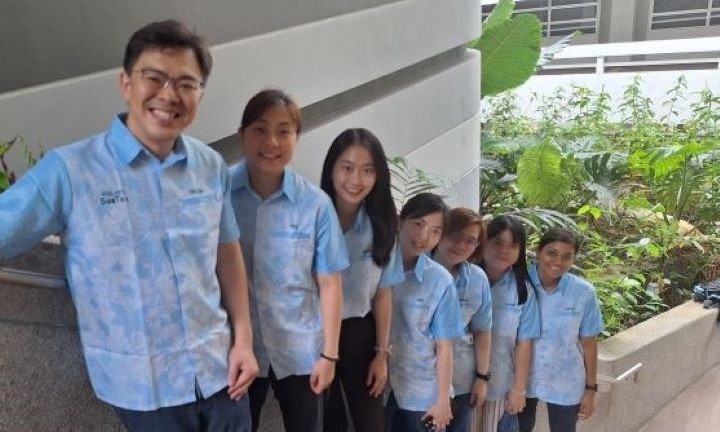
RGE-NTU SusTex Joint Workshop
Published on 7 March 2025
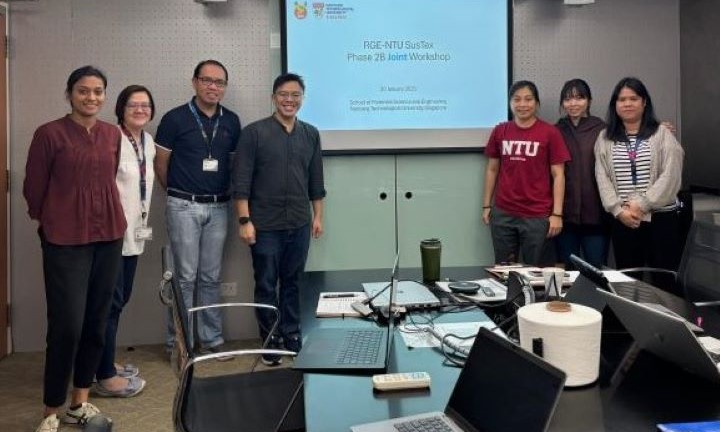
RGE-NTU SusTex Joint Workshop
Published on 20 January 2025
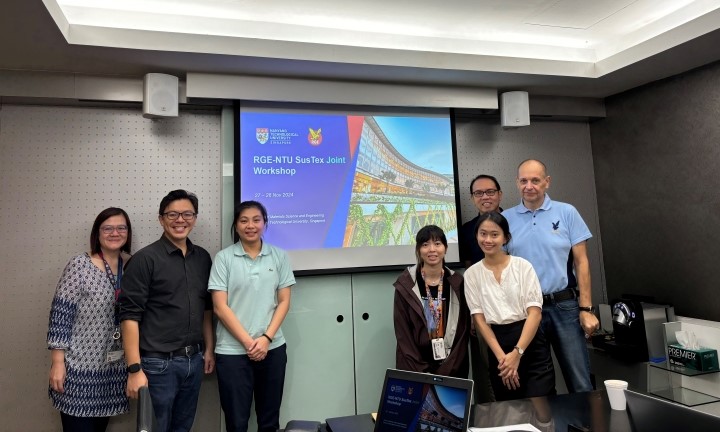
RGE-NTU SusTex Joint Workshop
Published on 29 November 2024
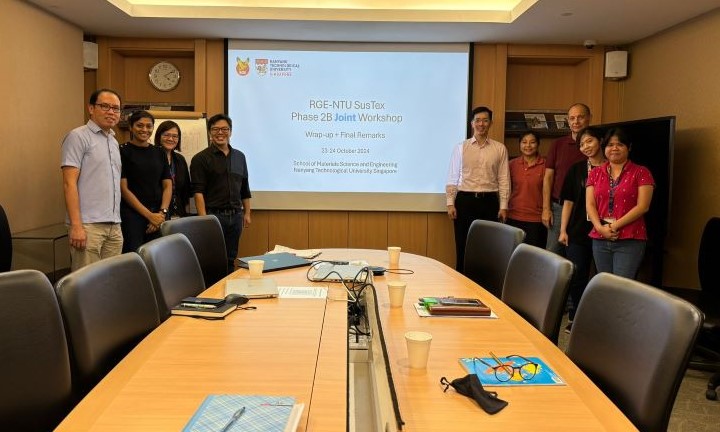
RGE-NTU SusTex Joint Workshop
Published on 25 October 2024
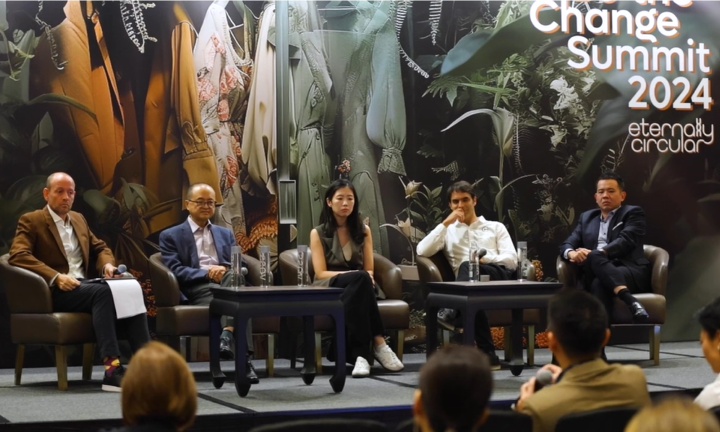
Panel Session 1: Transforming Circularity
Be The Change Summit 2024
Published on 15 August 2024
Credit: Singapore Fashion Council (SFC)
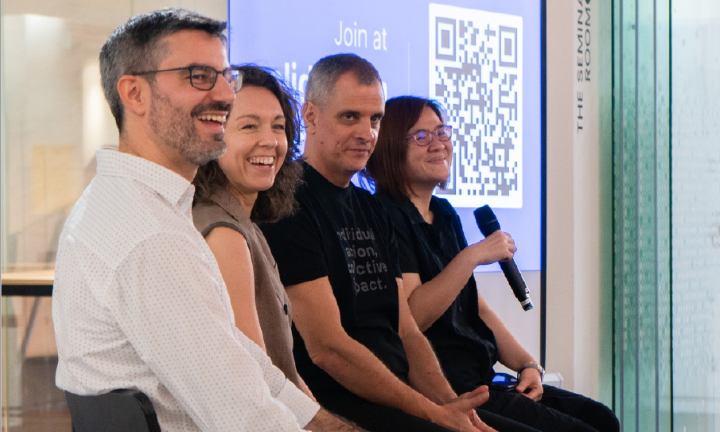
Next-Gen & Bio Materials
Sustainably Speaking
Published on 13 June 2024
Credit: Singapore Fashion Council (SFC)
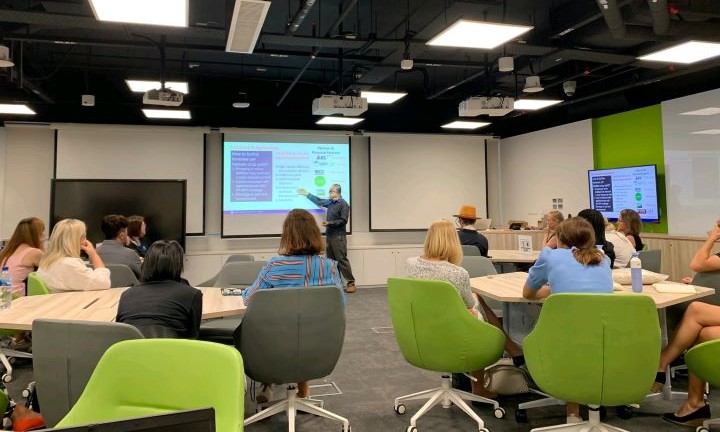
Dutch Chamber of Commerce Visit
Published on 9 May 2023
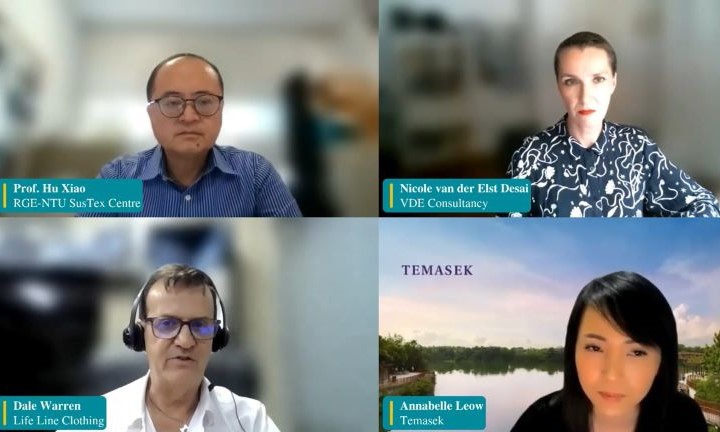
Why Sustainable Fashion may be More Oval than Circular
Ecosperity Conversations
Published on 9 May 2023

